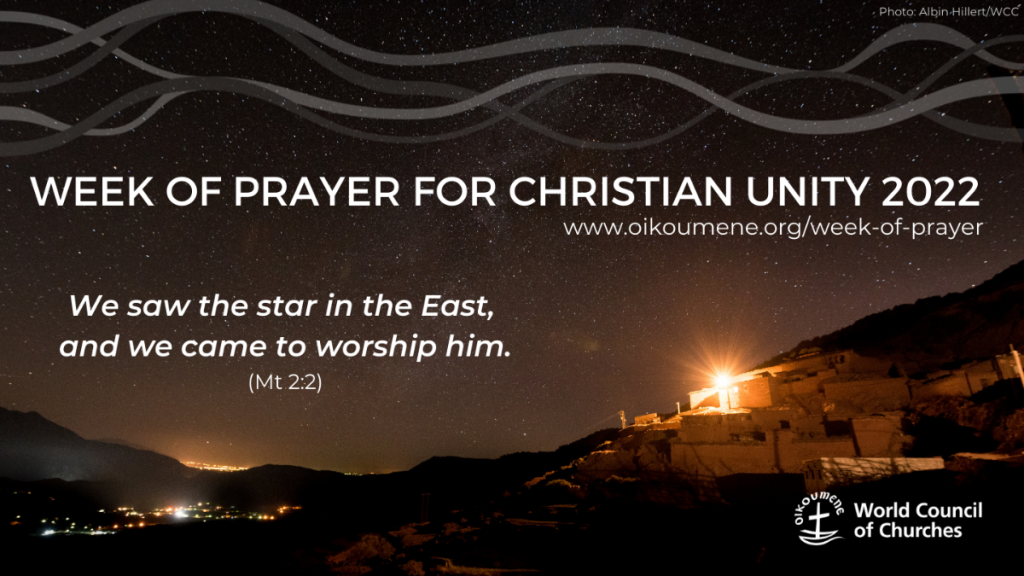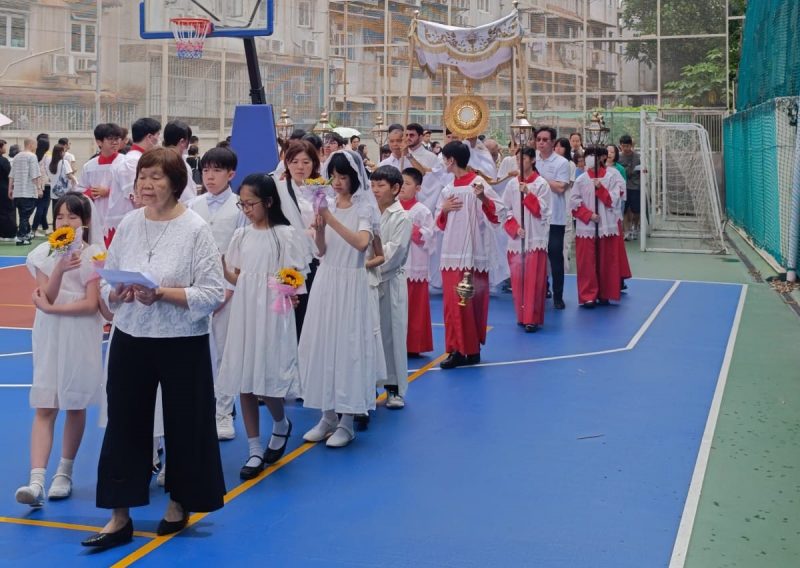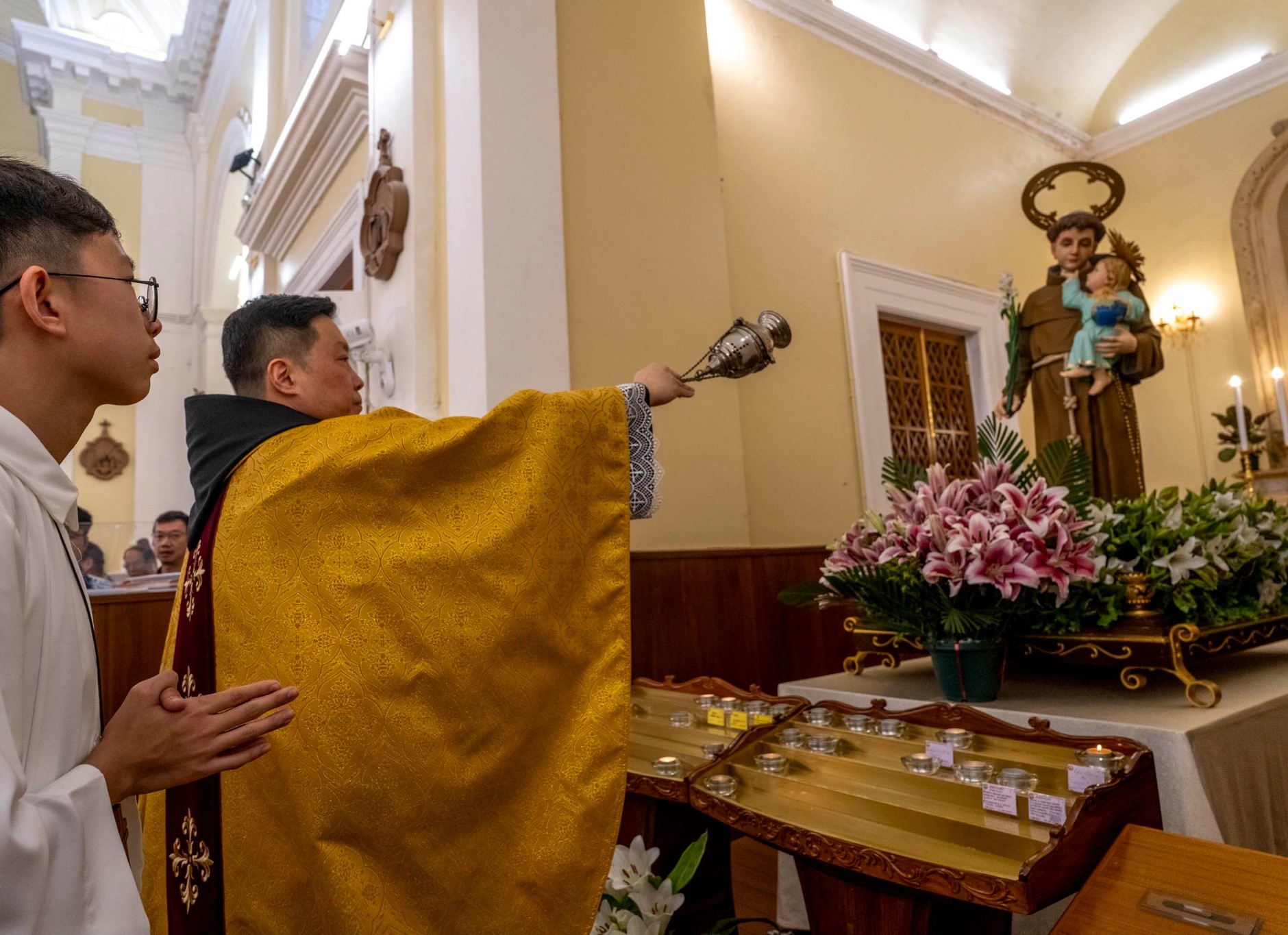Marco Carvalho
The Prayer Service for Christian Unity, that usually brings together the different Christian denominations of Macau, will take place this Saturday, but it will be conducted in a virtual format only. The decision was made by the organizers early in the week, following the aggravation of the epidemic in several cities of the neighbouring province of Guangdong.
The 2022 edition of the Prayer Service for Christian Unity will take place early on Saturday night in the premises of Choi Kou School, an educational establishment under Sheng Kung Hui, the province of the Anglican Church in Hong Kong and Macau, but the faithful will not be able to attend the celebration.
The detection of two dozen Covid-19 cases in the neighbouring city of Zhuhai led to major changes, with the organizers of the Prayer Service opting for prudence and replacing the face-to-face event with a virtual meeting, Father Cyril Law told O CLARIM: “The prayer service is a joint effort of the Christian bodies in Macau and the Diocese is only one of the participants. The vicar general Father Pedro Chung is the one actively involved in this initiative on behalf of the Diocese for many years. The prayer service will change to online live broadcast and there will be no onsite audience due to heightened epidemic concerns,” the Chancellor of the Diocese of Macau explained.
The information was confirmed by Father Pedro Chung: “Due to Covid-19, the prayer meeting will be broadcasted online. Apart from the Catholic Diocese, there are other Christian denominations in the organizing team: the Anglican Church of Macau, the Methodist Church in Macau, the Baptist Church in Macau,” the Vicar-general of the Diocese told O CLARIM.
The Week of Prayer for Christian Unity, which is celebrated early at the beginning of the new liturgical year, began on the 18th of January and it will run until next Tuesday. This year, the event has as its theme a passage from the Gospel according to Saint Matthew: “We saw his star in the East, and came to worship him” (Matthew 2:2). In addition to the usual Prayer Service, the Diocese of Macau invited all the local parishes to include special prayers for Christian unity in the Eucharistic celebrations of the Third Sunday of Ordinary time.
Last Sunday, after the recitation of the Angelus prayer from the window of the Apostolic Palace, Pope Francis invited Catholics worldwide to offer their “difficulties and sufferings” to advance the cause of Christian unity, a long-term ambition that continues to elude the expectations of the Catholic Church: “We Christians, in the diversity of our confessions and traditions, are also pilgrims on our way to full unity, and we come closer to our goal the more we keep our gaze fixed on Jesus, our only Lord,” the Supreme Pontiff said. “During this week of prayer, we offer our difficulties and our suffering for the unity of Christians,” Jorge Maria Bergoglio added, addressing the crowd gathered below in St Peter’s Square.
The Pope will close the Week of Prayer for Christian Unity with the celebration of the Vespers in the Basilica of Saint Paul Outside the Walls in Rome. Representatives of different Churches and Christian communities will take part in the ceremony.
United in Christ
This year, it was up to the Middle East Council of Churches – an organization based in Beirut, Lebanon – to prepare the texts for the ecumenical prayers that took place all over the world, bringing together thousands of faithful from different Christina denominations. Throughout the week, Catholics, Orthodox, Lutherans, Baptists, Pentecostals and representatives of other Protestant Churches were invited to pray with a particular emphasis on Christian Unity.
The most relevant divisions between the Christian Churches occurred in three very different historical moments. The first major rupture dates back to the 5th century, when the Coptic Church broke away, following the Councils of Ephesus and Chalcedon. In the 11th century, with the split between the Roman Church and the Eastern Orthodox Churches, the whole edifice of Christian unity shook again. The last great moment of rupture occurred in the 16th century, with the Protestant Reformation and the consequent creation of the Anglican Church.
In its proposal, the Middle East Council of Churches recall that, despite the differences in rites and liturgies, what unites the faithful of different Christian denominations is much stronger than what separates them: “Christians are called to be a sign of God to the world, bringing that unity that He desires. Coming from different cultures, races and languages, Christians share a common search for Christ and the desire to worship Him,” reads the manifesto of the Middle East Council of Churches.
The Week of Prayer for Christian Unity has its roots in the late 19th century, when Pope Leo XIII encouraged the practice of an “octave of prayer for unity.” Now with another denomination, the octavary began to be celebrated regularly in 1908, on the initiative of Paul Wattson, a north-American Anglican priest who later converted to Catholicism.
The Vatican and the World Council of Churches met in 1966 to jointly prepare texts for ecumenical prayers and the Week of Prayer for Christian Unity became an annual event.
Ecumenism is the set of initiatives and activities promoted with the aim of instigating a return to Christian unity, a perspective that was shattered in the past by schisms and ruptures. In Macau, ecumenical and interreligious dialogue has been strengthened over the last few years. In early December, the SAR’s five main religions joined forces to celebrate the 22nd anniversary of Macau’s handover between Portugal and the People’s Republic of China and organized a recital that brought together seven choirs in a concert hall in Cotai.


 Follow
Follow


